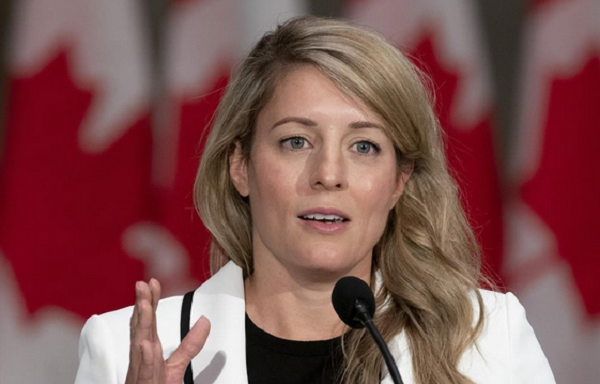Working hours for international students reduced from 40 to 24 hours a week
Foreign students will only be allowed to work for 24 hours a week off campus – down from a maximum 40 hours – Immigration Minister Marc Miller announced on Monday, in the latest reform to bolster the integrity of Canada’s international student system.
Speaking at a press conference in Parliament, Mr. Miller said the new time limit for off-campus work will help ensure that international students come to Canada to receive an education rather than find a job.
Mr. Miller said the changes are necessary “or we will find our programs attracting more and more applicants whose primary intent is to work and not study.”
A pilot program introduced during the pandemic to allow international students to work for up to 40 hours a week, which was extended at the end of last year, ends this month.
Mr. Miller said the new 24 hour weekly limit for off-campus work while classes are in session should be in place by the new academic year this fall.
He referrdrop out, while working more than 28 hours a week can affect a student’s academic performance.
During holidays, including the summer months, international students will be permitted to work more hours, or even full time.
The changes to working hours reflect similar restrictions in Australia, which recently announced foreign students could work up to 48 hours each fortnight.
In December, Mr. Miller suggested that the number of working hours would not be reduced to prepandemic levels of 20 hours per week but may be extended to 30 hours once the pilot program, allowing work up to 40 hours a week, ends.
But he said on Monday that working 30 hours a week is close to a full-time job and “does not match with the idea behind the international student program which is to study and not to work.”
He said that the costs of coming to Canada to study from abroad are high, and allowing students to work helps ensure they do not face undue hardship and can offset some of their costs.
Economist Henry Lotin, a former federal public servant and founder of consulting firm Integrative Trade and Economics, said the change may reduce the number of international students coming here.
“It does have the potential to reduce demand from arrivals that never intended to study,” he said, but this would depend on whether the lower working hours are enforced.
There needs to be “an effective mechanism to actually enforce the 24-hour-per-week rule,” he added in a statement.
In December, Mr. Miller doubled the funds international students who want to come to Canada need to prove they have to qualify for study permits, to cover the rising cost of living, a move Ottawa predicted would cut the number arriving here.
The new cost-of-living requirement means international students need to show that they have at least $20,635 to cover housing and other expenses, in addition to the money needed to cover one year’s tuition fees and travel costs.
This article was first reported by The Globe and Mail












